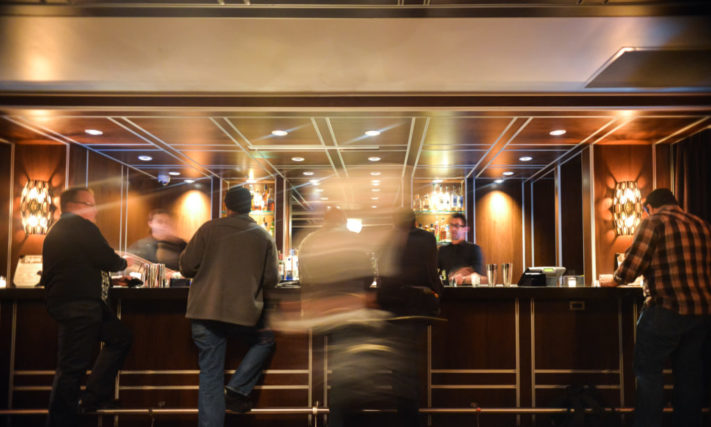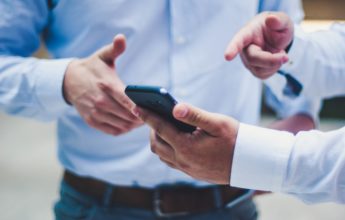Customer expectations and behaviors have changed. Almost every one of your guests is carrying a smartphone or tablet. Time spent within mobile apps is increasing tremendously. And with carriers making it easier to use devices across borders, people can stay connected anywhere and at any time.
Like so many other industries, those in hospitality are realizing there are a wealth of opportunities as a result of these changes. Embracing mobile technologies can not only improve the customer experience but benefit hotels and resorts financially and operationally.
Mobile Self-Service: The Latest in Customer Service
Guests expect a superior service experience; this has always been a constant of the hospitality industry. But mobile is changing the way people perceive what constitutes good service. Customers want to be able to choose how they interact with hotel staff and services. For example, many people would prefer to check in on their mobile devices rather than wait in line at the front desk.
Mobile apps can facilitate a self-service model for guests that prefer that type of interaction. The following are some use cases where customers can use a mobile app in a convenient self-service capacity:
- Reservations for dinner at resort restaurants
- Booking massages, spa appointments, etc.
- Laundry, dry cleaning, and other upgrade services
- Request car from valet
- Order room service
- Check in and check out
- Ordering drinks, towels, etc. via GPS & beacons
- Pay for accommodations and services
It’s not about eliminating face-to-face interaction with staff – many guests prefer to deal with people rather than a device. But conversely, the self-service model is something that people increasingly prefer. It’s permeating virtually every industry, particularly hospitality and other customer service oriented industries.
This model can be beneficial from both a customer and operational standpoint. At the click of a button, guests can book services, make reservations, and customize their hotel stay. As an ancillary benefit, this mitigates operational bottlenecks, reduces wait times, enhances customer service, and helps reduce staff workloads.
Smart Decisions With Customer Data
Apps offer an unprecedented ability to gather data and insights based on in-app user behavior. For the hotel industry, this is a useful function because it provides insight into customer preferences, how users interact and flow through the app, what kind of services they are using and more. From an operational perspective, you can discern peak times for particular services which can help inform staffing decisions and properly allocate resources.
Staff Can Accomplish More With Less
Mobile apps that offer self-service features and gather customer data can also help to improve hotel staff efficiency. For guests who want to use their devices to customize and organize their hotel experience, there can be fewer direct interaction points with staff, meaning there is more opportunity to allocate labor to other operational areas. Furthermore, many services that currently require staff to manually complete tasks – booking reservations, valet requests, etc. – can be handled via the mobile app.
As already mentioned, data gathered from guests using the app can also help inform where and when more resources need to be allocated. When are there the most requests for certain types of services? Do you have the appropriate staff to support peak times? The data gathered from the mobile app can offer valuable insights that will help you improve operational efficiency.
Driving Additional Business Through Loyalty Programs
One of the most beneficial features that can be integrated into a mobile app is a loyalty program. They help build brand advocates, encourage upselling, and drive repeat business. Using push notifications, hotels can send their guests contextually relevant messages based on profiles, behavior, purchase history, and even location. These could include special offers, promotions, discounts, and more that encourage users to make additional purchases, take advantage of specialty services, and otherwise engage with you. Loyalty programs also extend beyond the duration of the stay and can be leveraged prior to and after the duration of a guest’s stay.
Consumers, generally, are coming to expect the kind of self-service, streamlined experience that mobile technology provides. Like many other industries, hospitality is transforming to facilitate these experiences and improve service offerings. For hoteliers, mobile apps are a big opportunity to enhance the guest experience, improve hotel operations, and drive repeat business.







